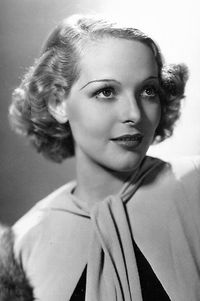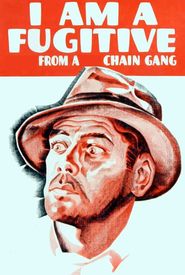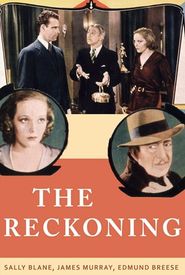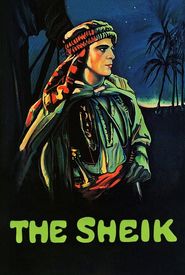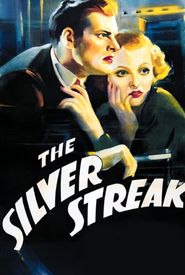Sally Blane, the lovely and talented actress, was born Elizabeth Jane Young in Salida, Colorado, in 1910. Her mother, Gladys, was on her way to the family home in Salt Lake City, Utah, when Sally was born, and the train had to make an unscheduled stop so that Gladys could give birth. Sally's parents, Gladys and John, separated when she was just five years old, and her mother moved the four children to Hollywood, where one of Gladys's sisters lived.
Sally and her younger brother, John R. Young, both appeared uncredited in the silent film Sirens of the Sea in 1917, and Sally also had an unbilled part in Rudolph Valentino's classic film The Sheik in 1921. As she grew up, Sally's beauty only heightened, and director Wesley Ruggles noticed her dancing at the Café Montmartre and tested her for his "Collegian" film series. She was cast and soon signed by Paramount, which insisted on the new marquee name of Sally Blane.
Sally's early career was marked by a number of westerns and prairie flowers opposite Hollywood's top cowboys, including Tom Mix. She starred opposite Mix in three pictures: Horseman of the Plains, King Cowboy, and Outlawed. Her career peaked early, however, and Sally seemed content to freelance for Poverty Row studios in a variety of genres, including crime thrillers, light comedies, mysteries, and action adventures.
Sally eventually developed a "nice girl" image and took a two-year break from acting after the filming of This Is the Life in 1935. She returned to films in 1937, but was already focused on her marriage and having a family. She married director Norman Foster in 1937, and they had a son and daughter together. Sally and her sisters, Polly Ann Young and Georgiana Young, appeared together in Loretta's The Story of Alexander Graham Bell in 1939, and Sally's last film was the whodunit Charlie Chan at Treasure Island in 1939.
During World War II, Sally and her family lived in Mexico, where her husband was directing Spanish-language pictures. Sally appeared in one of these films, La fuga, in 1944. After the war, the family relocated to Beverly Hills, and Sally officially ended her cinematic career with a small part in A Bullet for Joey in 1955.
Sally Blane was a talented and beautiful actress who enjoyed a lively albeit modest "B" film career during the late 1920s and 1930s. She was the elder sister of Loretta Young, and the two sisters were dubbed "Wampas Baby Stars of 1929". Sally's career was marked by a number of prairie flowers opposite Hollywood's top cowboys, and she eventually developed a "nice girl" image.
